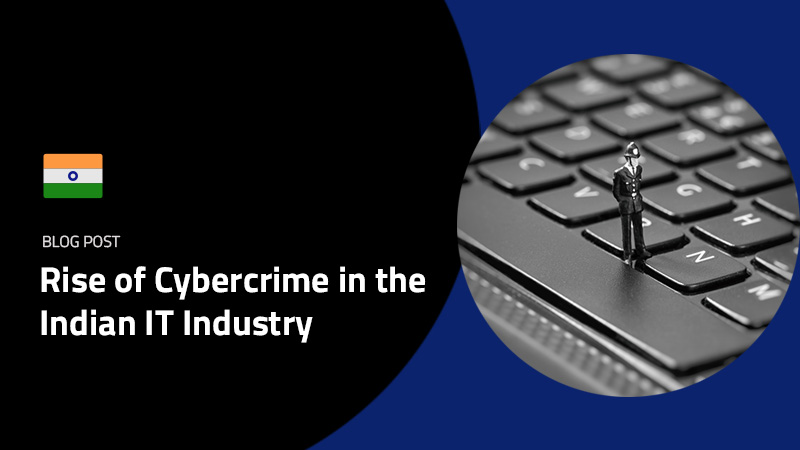Yes, employee monitoring is legal in the United States! While the 1986 Electronic Communications Privacy Act prohibits unauthorized interception of electronic communications including e-mail, the law exempts service providers. Therefore, the courts have commonly interpreted this to include employers who provide e-mail and Internet access, according to David Sobel, attorney for the Electronic Privacy Information Center in Washington, D.C. Not only is it legal to monitor employees on their computers and online, there is also NO USA law that requires employers to notify workers they are being monitored. So while some may say it is a best practice to inform employees of the company’s rights to monitor all activity on employee computers and disclose it in the employee handbook, companies are NOT required to do so in the USA.
In a presentation on employee monitoring, Mark S. Dichter and Michael S. Burkhardt of the law firm Morgan, Lewis & Bockius explain that courts have continually recognized and reinforced the legality of Employers’ implementing Employee Monitoring Software.
Technology has made monitoring employees easier than ever, now that almost every mode of communication has gone digital. As many as three out of four companies reported that they monitored their employees to some extent, with the most commonly monitored activities being internet use and email. Employers understandably don’t want employees surfing inappropriate websites, making stock trades or playing poker while on the clock. More important to many companies, however, is that employees aren’t engaging in corporate espionage, selling trade secrets or using workplace computers to harass other coworkers. As an employer, the law allows you to monitor your employees’ communications while on the job. A 2014 survey of more than 700 US companies by the Society for Human Resource Management (SHRM) found that almost three-quarters of the companies monitor their workers’ use of the Internet and check employee email, and more than half review and record employee phone calls.
Monitoring general internet use is probably the least restricted form of monitoring that exists. Employers are allowed, almost without any exception, to monitor and record all internet related activity. Employees generally have no right to privacy regarding their internet use, and many companies install software that either severely limits what websites may be viewed or how much time employees can spend on non-approved sites.
Emails are thought of as the modern form of communication and accordingly have more protection based on precedent than something like general internet use. However, courts have repeatedly sided with employers and allowed them to read the email of their employees unless the employer has indicated that emails will be private or confidential. This policy can be communicated to employees explicitly, by telling employees that emails are confidential, or indirectly, by giving employees unique passwords that only they know. To be careful, as an employer you should try to always have an established reason for viewing employee emails, such as a policy justification or a record of an incident which prompted the monitoring. Courts have rarely denied an employer the right to read employee email if there was a justification in place before the employer read the employee’s email (such as suspicions of workplace harassment, etc).
Monitoring Phone Calls is the only remaining semi-protected form of employee communication and employers should be especially careful when monitoring phone calls. Almost all states allow an employer to monitor or record employee conversations for quality assurance purposes and there is no longer any requirement that you announce that the call is being recorded.
The major exception to monitoring rules for phone calls is when the employee makes a personal call. Although federal law allows employers to monitor calls without warning or announcement, once the employer realizes that it is a personal call, the employer must stop monitoring the call. The only caveat to this is that if the employee has been told not to make personal calls from work, then the employer may be allowed to continue monitoring the call.
Employers Legal Liability has become an increasing concern with workplaces often being designed as shared spaces with open floor plans and cubicles; it is easy for employees to be exposed to materials viewed by their colleagues online. Employees who are unwittingly exposed to offensive graphic material on their office neighbor’s computer screen can result in a hostile workplace environment. This is in addition to any form of harassment that can occur in both work email and chat. The Employer Responsibility Act is a set of Laws that can hold the employer responsible for the actions of the employees. “Courts have repeatedly ruled that an Employer who has implemented preventative and educational measures, such as Employee Monitoring Software’s, should NOT be held responsible for the actions of a rouge employee”. Said Daniel Snow, associate professor at the Marriott School at Brigham Young University
Notifying an employee of the company’s right to monitor can also act as a natural deterrent. Said Valerie Wright, Ph.D., research analyst at The Sentencing Project, noted, “Research to date generally indicates that increases in the certainty of punishment, as opposed to the severity of punishment, are more likely to produce deterrent benefits.”
The US courts have tried to balance an employee’s “reasonable expectation of privacy” against the employer’s business justification for monitoring. According to Santa Clara University Professor of Law Dorothy Glancy, “There aren’t many cases, and they tend to go against the employee. Often, court opinions take the point of view that when the employees are using employers’ property–the employers’ computers and networks–the employees’ expectation of privacy is minimal. Glancy continues, “When courts take this view, if employees want to have private communications, they can enjoy them on their own time and equipment.”
Security Concerns: Protecting the value of intellectual property and electronic assets is a growing concern for companies. Data threat and data breaches can result in millions of dollars of damage to a company.
Digital Endpoint – KnowIT™ is the worlds first cloud based employee monitoring, productivity and attendance solution that does not require any upfront investment! No upfront fees, no hardware and no technical skills needed to get going in minutes!
[box] References: Dichter, Mark S., and Burkhardt, Michael S. “Electronic Interaction in the Workplace: Monitoring, Retrieving and Storing Employee Communications in the Internet Age.
www.mlb.com/speech1.htm
Garber, Joseph. “The Right to Goof Off.” Forbes (Oct. 20, 1997) p. 297.
Greenlaw, Paul S., and Prudeanu, Cornelia. “The Impact of Federal Legislation to Limit Electronic Monitoring.” Public Personnel Management 26, 2 (June 22, 1997) p. 227.
Manning, Rita C. “Liberal and Communitarian Defenses of Workplace Privacy.” Journal of Business Ethics 6, 8 (June 1997) p. 817.
Parent, W.A. “Privacy, Morality, and the Law.” Philosophy & Public Affairs 12, 4 (Fall 1983) p. 269. [/box]







